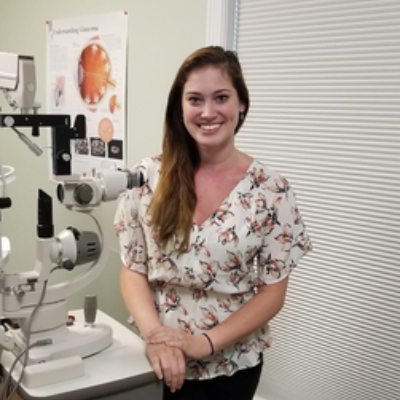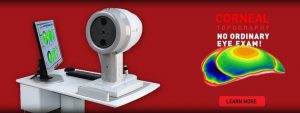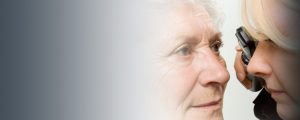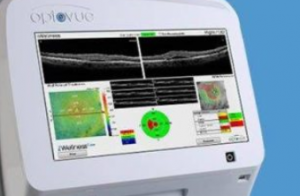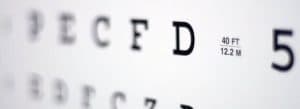Over 50% of all people have emmetropia … don’t worry, this just means you have perfect 20/20 vision.
If you don’t need glasses or contact lenses to see clearly, you have clear vision. However, it is important to note that clear vision does not always mean your eyes are healthy.
Many eye conditions, including glaucoma and macular degeneration may not affect vision right away, even though eye damage has already occurred.
Eye exams are still vital, even if you have clear 20/20 vision.
What is emmetropia?
Emmetropia is the clinical term used by eye doctors to describe a person with perfect vision, also known as ‘20/20 sight’. This ideal condition describes an eye that has no refractive error or visual defects.
The light that enters an emmetropic eye focuses perfectly on the retina, producing a precise, clear and crisp image. Emmetropia is naturally occurring, and perfect vision is achieved without the help of corrective lenses or even squinting.
What is ametropia?
A person who is not emmetropic, is called ametropic. An ametropic eye contains one or more refractive errors. Myopia, hyperopia, astigmatism and presbyopia are all examples of refractive errors.
Myopia (nearsightedness): Distance vision is blurry while near vision is clear. Corrective lenses in the form of glasses or contact lenses and programs of myopia management are the common treatments for this condition.
Hyperopia (farsightedness): Near vision is blurry while distance vision is clear. Corrective lenses such as eyeglasses or contact lenses are the most common treatment for this condition.
Astigmatism: Both near and distance vision are blurry. This condition occurs when the cornea is irregularly shaped, and generally accompanies myopia or hyperopia. Specific optical powers are added to lens prescriptions to correct the astigmatism.
All three of these conditions can also be treated with laser refractive surgery, depending on the age of the patient and other health factors.
If your vision is not clear, contact an eye doctor near you for a comprehensive eye exam.
SEE RELATED: The Importance of Pupil Exams
How does emmetropia occur?
Emmetropia occurs when the length of the eye and its optical power are in perfect balance.
It is unclear why some people’s eyes develop with this perfect balance, though researchers believe that genetics, brain activity and visual input in the environment all play a role.
Presbyopia and emmetropia
Presbyopia is a refractive error that causes near objects to appear blurry, such as reading material and digital screens.
Presbyopia occurs as part of the natural aging process as the lens of the eye slowly loses its flexibility. Many people with undiagnosed presbyopia are unable to see their phones, books or menus without holding the object at arms length.
Since this condition is unrelated to eye length and corneal shape, like the refractive errors mentioned above, presbyopia can also affect people who have been emmetropic their whole life.
Presbyopia is effectively treated with reading glasses.
Does a person with emmetropia need eye exams?
Yes.
Although emmetropia results in natural perfect vision, regular comprehensive eye exams are still important, especially if you are above the age of 40.
Perfect vision doesn’t ensure healthy vision for life, as vision threatening eye conditions can develop. Some of these sight-robbing conditions cause permanent vision loss without any early warning signs or symptoms. This makes annual eye exams crucial when it comes to eye health.
LEARN MORE: Guide to Eye Exams
Schedule an eye exam with an eye doctor near you to protect your eye health and vision.
If you have perfect 20/20 sight, this does not mean your eyes are perfectly healthy. Glaucoma, macular degeneration and other serious eye conditions can be present even if your vision is clear.
Eye exams are still essential, even if you have clear 20/20 vision.

